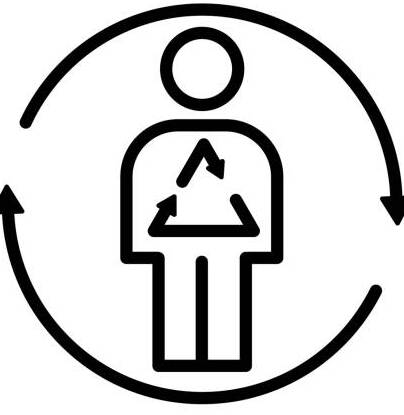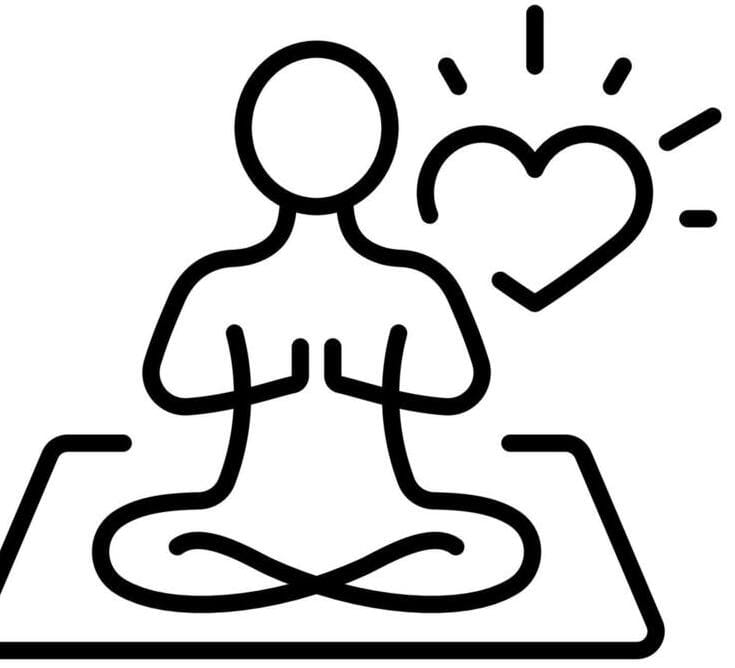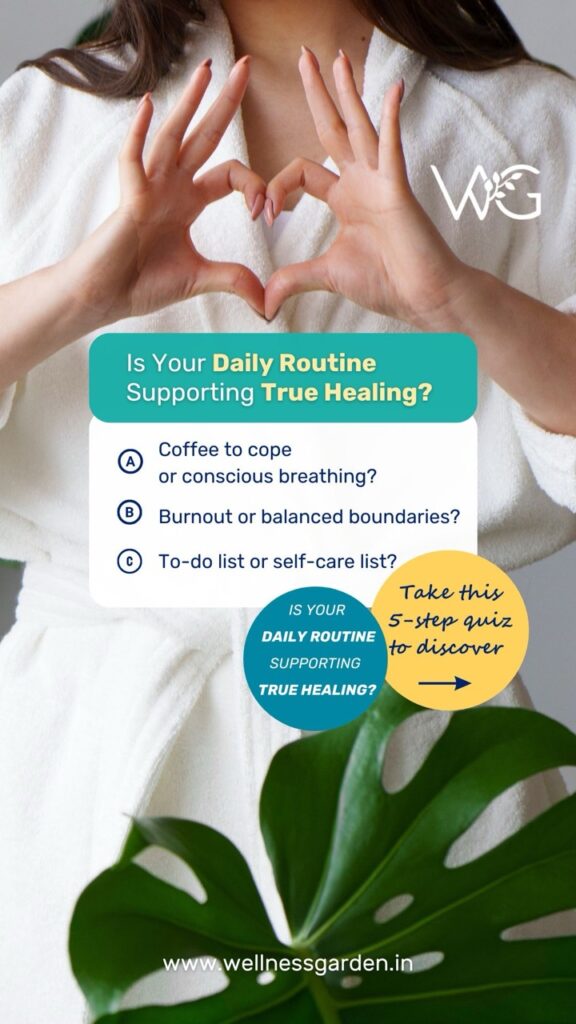What’s Your Ideal Hormone Balancing Diet Plan? Take the Quiz!
- Daily Health
- 2 Min
- August 10, 2024
- Forbes
- Diet, Every Day Health
Pause for just 3 minutes—your body’s been trying to tell you something. That low energy, irritability, or sudden weight gain? It’s not just “life”—it could be your hormones. A personalised hormone balancing diet plan might be the first step to getting your system back in sync and feeling like yourself again.
Understanding your hormones is key to unlocking better energy, mood, metabolism, and overall well-being. Research shows that hormonal imbalance can impact everything from your sleep cycle and stress levels to digestion and immune health. That’s why we created this quick and practical hormone balancing diet plan quiz—to help you discover which foods and nutrition patterns best support your body’s natural rhythms.
At Wellness Garden, we’ve partnered with over 600+ experts across Bangalore—from Ayurvedic doctors to functional nutritionists—to build this quiz using real-world outcomes and scientific insights. Whether you’re experiencing fatigue, irregular cycles, weight changes, or just want to optimize your wellness naturally, this quiz is a simple and powerful first step toward a more balanced you.
Quiz
1. Which type of fats do you prefer in your diet?
a. Avocado and nuts
b. Olive oil and fish
c. Butter, ghee and cheese
2. How often do you consume green leafy vegetables?
a. Daily
b. A few times a week
c. Rarely
3. What do you usually eat for your morning meal?
a. Whole grains (Oats, Rice or wheat) and fruits
b. Protein-rich foods like eggs or yogurt
c. Sugary cereals
4. Do you take supplements?
a. Yes
b. Occasionally
c. No
5. What is your average daily intake of water?
a. 8 or more glasses
b. 4-6 glasses
c. Less than 4 glasses
6. What’s your main source of protein?
a. Plant-based proteins like beans and lentils
b. Animal proteins like chicken and fish
c. Milk and milk products
7. How often do you consume fermented foods and beverages?
a. Regularly
b. Occasionally
c. Never
8. What is your typical snack choice?
a. Fresh fruits and nuts
b. Yogurt or cheese
c. Samosas, Namkeen, Chips and cookies
9. How do you prefer to prepare your meals?
a. Steamed or baked
b. Grilled or sautéed
c. Fried
10. How often do you include nuts and seeds in your diet?
a. Daily
b. A few times a week
c. Rarely
11. What type of carbohydrate do you usually consume? –
a. Whole grains like millets and brown rice or wheat
b. Refined grains like white rice, atta and bread
c. Sweet snacks and desserts
12. How would you describe your overall diet?
a. Balanced and nutrient-dense
b. Moderately healthy
c. High in processed foods
This quiz is useful for individuals experiencing symptoms of hormonal imbalances or those who want to optimize their health through nutrition.
Results
If you answered mostly A’s:
Balanced and Nutrient-Dense Diet You already follow a diet high in whole grain foods, fresh vegetables, and healthy fats, which help with hormonal balance. Keep using these meals to keep yourself healthy. In order to support reproductive health, look into raising your intake of fermented foods while making sure you get ample water.
If you answered mostly B’s:
Moderately Healthy Diet Your diet is fairly good but could benefit from more focus on particular hormone-balancing foods. Boost your diet with fermented foods and leafy green veggies while limiting your intake of refined flours and fried snacks. Hormone balance can also be achieved by having a regular diet high in good fats and having sufficient water.
If you answered mostly C’s:
High in Processed Foods Your current diet may consist of many processed foods, and this might disturb hormonal balance. Improve the quantity of lean proteins, nutritious fats, and entire meals you eat. Consuming more water and eating fewer sugary snacks will significantly improve your hormone levels.
Understanding Hormone Balancing Diet Plan
A balanced diet can make you feel more satisfied by balancing the levels of your hormones. Mood swings, breakouts, tiredness, and irregular periods are common signs of imbalance. Hormonal equilibrium can be regained with a nutritional plan high in healthy fats, whole grain foods, and fresh produce, as well as stress-reduction techniques and supplements like omega-3s. For optimal results, keep to this diet for at least 21 days; however, to find out exactly how long is ideal for you, consult with a certified practitioner.
Natural Therapies by Wellness Garden for Hormonal Support and Balance
These therapies are thoughtfully selected to support women facing hormonal fluctuations—offering gentle, natural ways to restore balance, ease symptoms, and promote long-term wellness.
Cupping Therapy
A traditional method that improves blood circulation, eases muscle tension, and lowers stress—helping regulate stress-related hormone responses.
Float Therapy
This sensory deprivation therapy promotes deep relaxation, reduces cortisol (the stress hormone), and supports overall hormonal harmony and mental well-being.
Holistic Therapies
Root-cause approaches like naturopathy and Ayurveda help restore hormonal balance naturally by addressing body constitution, diet, and detox pathways.
Bioidentical Hormone Therapy
Plant-derived hormones closely match the body’s natural ones and are used in safe, personalized protocols to ease hormonal imbalance and related symptoms.
IV Nutritional Therapy
A tailored infusion of vitamins, minerals, and antioxidants that nourishes the endocrine system and supports tissue repair—especially helpful in chronic fatigue or deficiency-related imbalances.
Acupuncture
Targeted acupuncture sessions by experts stimulate key meridian points to balance hormones like estrogen and progesterone, helping reduce PMS, menopause symptoms, and mood shifts.
Personalized Nutrition Plans
Customized diets rich in hormone-supporting nutrients like healthy fats, whole grains, leafy greens, and seeds—designed to improve metabolism and reduce inflammation.
This quiz has been prepared on the basis of a variety of sources such as Forbes health , Nutritional Therapy Association, and WedMD for hormone health and dietary-nutritional recommendations.
Beyond Hormones: A Holistic Path to Lasting Wellness
Hormonal balance is just one piece of the puzzle—true wellness comes from supporting your body across all systems. At Wellness Garden, we help you explore personalized therapies that go deeper, whether it’s managing stress, improving digestion, or simply preventing future health issues.
Through our curated programs in Bangalore, you can access short therapies or immersive weekend sessions, tailored to your needs and guided by experienced practitioners. Small, natural changes—backed by expert support—can make a real difference. Ready to feel more aligned, energized, and at ease? Let Wellness Garden be your starting point.
- Table of Contents
- • Quiz
- • Results
- • Natural Therapies by WG
- • End Note
Recent Posts
Join Our Newsletter
End note from WG Team
WG Team
Disclaimer: This information is provided for educational purposes and should not be construed as medical advice. Please consult with healthcare practitioners before undertaking any changes in wellness routines or adding new therapies.
Latest Blogs
Check out some of your blogs related to your interest.
- July 14, 2025
- 3 Mins

- July 5, 2025
- NIH
- 2 Mins

- July 4, 2025
- 3 Mins

- June 22, 2025
- Harvard Health
- 2 Mins






